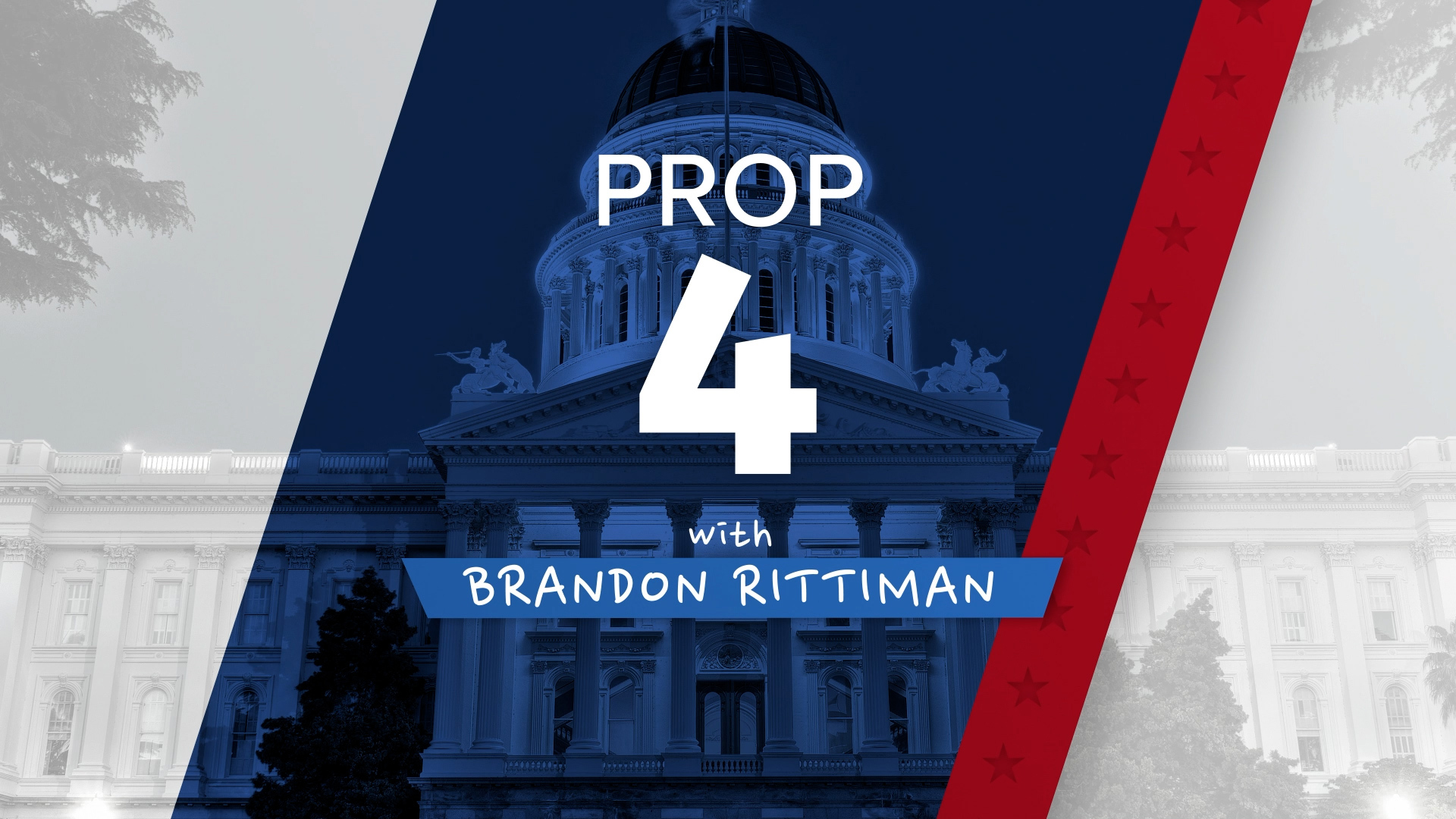SACRAMENTO, Calif. — California voters approved a plan to borrow $10 billion for various climate programs, the state’s largest investment to date in fighting climate change.
The largest chunk of the money, $3.8 billion, will go to improving drinking water systems and preparing for droughts and floods. Wildfire preparedness programs will get $1.5 billion, while $1.2 billion will be targeted to combating sea-level rise.
The rest will be divided among programs on parks and outdoor recreation; air quality; extreme heat preparedness; protecting biodiversity; and farm and ranch sustainability.
Proponents of the measure say it will help the state better prepare for a changing climate and increasing threats of wildfires, water pollution and extreme heat.
“Californians are taking charge, choosing to invest in climate solutions now to protect us from fires and floods, build a more resilient future, and preserve the iconic California resources that make our state special,” Liz Forsburg Pardi, California policy director at the Nature Conservancy, said in a statement.
But opponents called the bond the most expensive way to pay for programs that could have been funded through the state budget.
“California voters are rightly concerned about clean water and wildfire mitigation, but these are problems because the legislature and the governor have failed to adequately fund these important priorities in the budget, while spending (or wasting) taxpayer dollars on other things,” Susan Shelley, spokesperson for Howard Jarvis Taxpayers Association, said in a statement.
It will cost taxpayers about $16 billion to pay off, in annual installments of $400 million.
What is Prop 4?
If passed, Prop 4 would authorize $10 billion in bonds to conserve natural resources and respond to the causes and effects of climate change.
The money would mainly be used for loans and grants to local governments, Native American tribes, nonprofit organizations and businesses.
To repay the bond, the state would pull about $400 million from the General Fund annually over a 40-year-period. This would be less than one half of 1% of the state's General Fund budget. The total cost would be about 10% more than if the state paid for the projects upfront, due to interest and inflation.
The funds would be used in several different areas, including efforts to:
- increase the amount and quality of water available,
- improve the health of forests and protect areas from wildfires,
- reduce risks from rising sea-levels,
- protect and restore natural areas,
- reduce the impacts of extreme heat,
- help farms become more sustainable, and
- support California's shift to renewable energy sources.
You can see a more detailed proposal for how the funds would be spent on the state's voter guide website.
What does a YES vote on Prop 4 mean?
A YES vote on this measure means the state could borrow $10 billion to conserve natural resources and fund projects that address the causes and effects of climate change.
What does a NO vote on Prop 6 mean?
A NO vote on this measure means the state will not borrow $10 billion to conserve natural resources and fund projects that address the causes and effects of climate change.
Who supports Prop 4?
Dozens of environmental groups support Prop 4, including:
- Clean Water Action
- CALFIRE Firefighters
- National Wildlife Federation
- The Nature Conservancy
- California Labor Federation
- League of Women Voters of California
- Metropolitan Water District of Southern California
- California Municipal Utilities Association
Groups in support of Prop 4 remind voters that the bond measure will be used for safe drinking water, wildfire prevention, clean air and natural resource protection.
They say the measure is constructed in a way that is fiscally responsible with strict audits and transparency. They argue the proactive approach will save money and avoid worse impacts from climate change, including wildfires, smoke, droughts and pollution.
Who opposes Prop 4?
- Howard Jarvis Taxpayers Association
- Senate GOP leader Brian Jones
- Assembly member Jim Patterson
Those against the proposition say bonds are expensive and will cost taxpayers nearly $2 for every dollar spent. They argue that projects to conserve natural resources should be budgeted for rather than paid for through bonds.
Official Ballot Summary
Authorizes $10 billion in general obligation bonds for water, wildfire prevention, and protection of communities and lands. Requires annual audits.
Fiscal Impact: Increased state costs of about $400 million annually for 40 years to repay the bond.
Supporters: Clean Water Action; CALFIRE Firefighters; National Wildlife Federation; The Nature Conservancy
Opponents: Howard Jarvis Taxpayers Association

